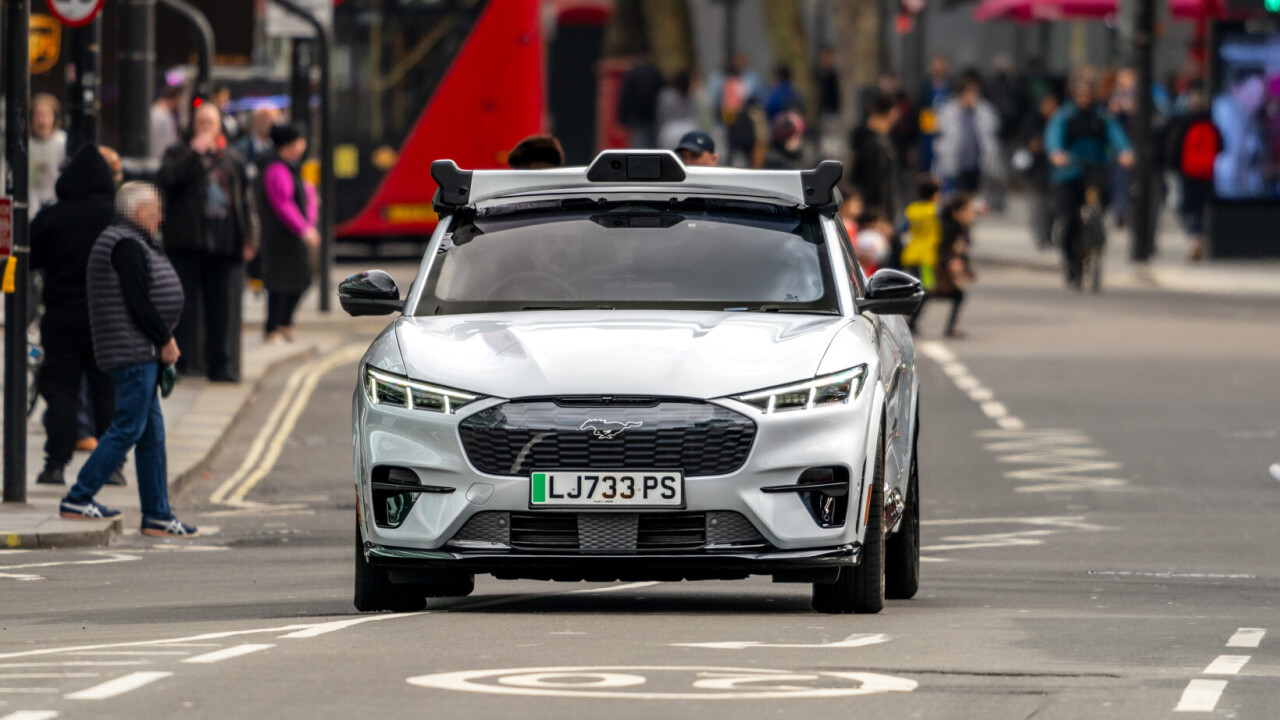
Uber has made an investment in Wayve, as the ride-hailing giant positions itself to profit from the moment when (or if?) autonomous vehicles finally go mainstream.
The undisclosed investment is an extension of Wayve’s massive $1bn funding round, announced in May. Under the deal, Uber has taken a minority stake in the London-based self-driving startup.
“Wayve’s advanced embodied AI approach holds a ton of promise as we work towards a world where modern vehicles are shared, electric, and autonomous,” said Uber’s CEO Dara Khosrowshahi.
Founded in Cambridge in 2017, Wayve fits a regular car with a range of cameras and sensors that interpret the surrounding environment. This data gets fed to Wayve’s so-called “embodied AI” system.
Unlike many other self-driving AI models, which have to be trained on each possible driving scenario and are confined to geofenced limits, Wayve’s AI is more free to act and learn on its own. The more the AI “drives,” the better it becomes at responding to hazards.
Level 4 autonomous driving
Uber will integrate Wayve’s autonomous technology into consumer vehicles “to enable a range of automated driving capabilities,” it said in a statement. This integration will start at the lower end of the autonomy spectrum and slowly ramp up to level 4 self-driving cars.
Vehicles in this category are so capable of driving themselves they technically need no driver at all. However, there are often geographical restrictions on where this self-driving tech can be used, so drivers are still needed. Level 4 vehicles often also have their top-speeds limited, and can only driver faster under the control of a human.
“Wayve is building a ‘general purpose’ driving Al that can power all levels of driving automation in any type of vehicle, anywhere in the world,” said Alex Kendall, co-founder and CEO of Wayve.
Wayve will equip existing vehicles with Level 2+ advanced driver assistance and then Level 3 and 4 automated driving capabilities. Uber eventually intends to launch self-driving vehicles on its app equipped with Wayve’s tech. When exactly that will happen largely depends on regulation.
Even though the over-hyped autonomous vehicle market has faced a slump in funding amid some high-profile accidents, Uber has aggressively sought to become the ride-hailing platform for people looking to experience self-driving cars.
The San Francisco based firm announced a similar tie-up with US autonomous driving startup Cruise last week. Uber has also offered rides in vehicles operated by Google autonomous car spinoff Waymo.
Get the TNW newsletter
Get the most important tech news in your inbox each week.





